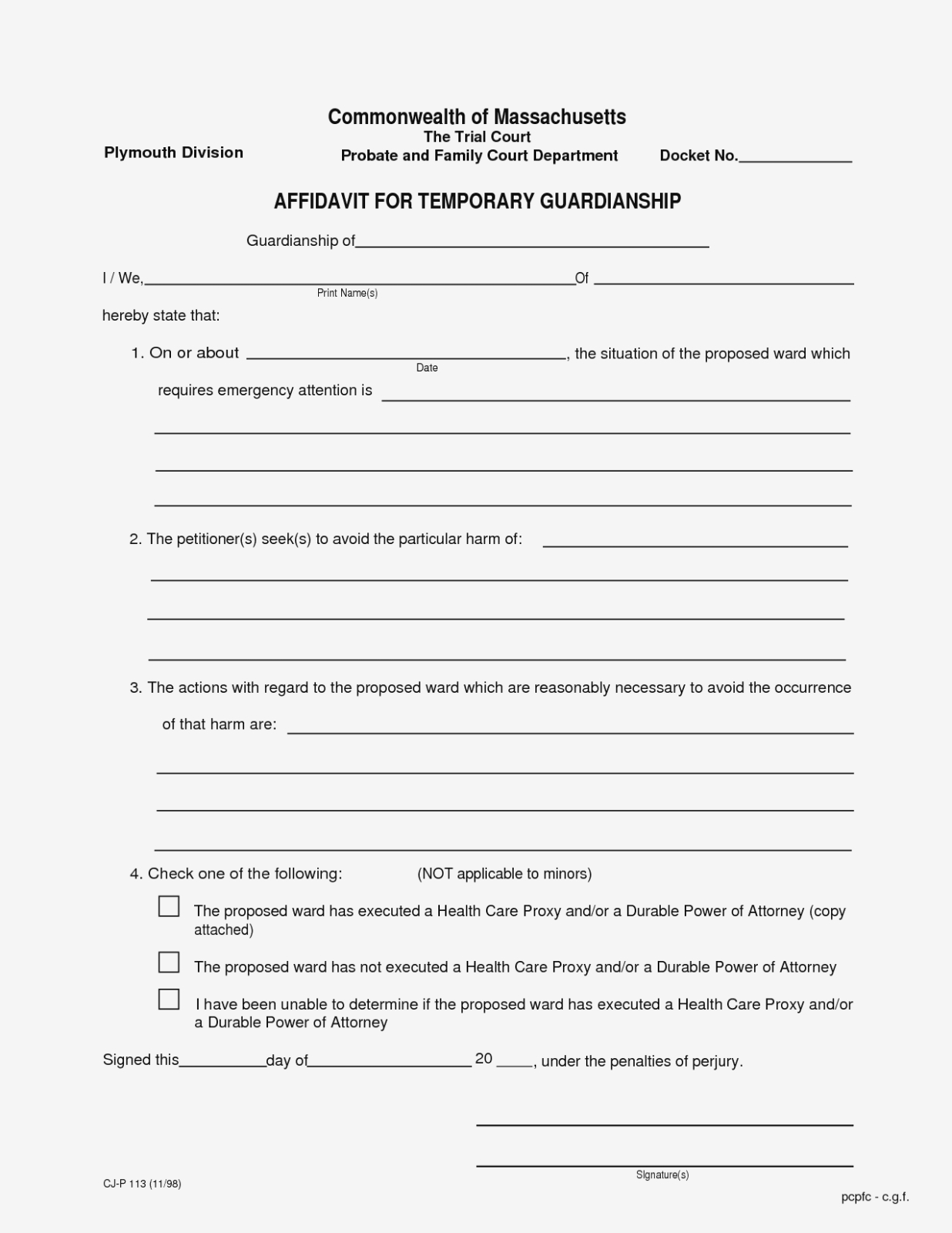5 Essential Documents for Child Custody Success

In the complex world of family law, securing child custody is often a significant challenge for parents going through separation or divorce. Ensuring that your children continue to have a stable and nurturing environment requires not only a deep understanding of legal processes but also meticulous preparation of documentation. Here's a comprehensive guide to understanding the five essential documents you need to achieve success in child custody proceedings.
1. Parenting Plan Agreement

The Parenting Plan Agreement is one of the most critical documents in child custody cases. This plan outlines the specific custody and visitation arrangements between both parents. Here are the key components:
- Physical Custody: Who the child will primarily live with.
- Legal Custody: Who will make key decisions regarding education, health, and religion.
- Visitation Schedules: Detailed times and holidays when the child will spend time with the noncustodial parent.
- Dispute Resolution: Methods to resolve conflicts amicably if they arise.
A well-crafted parenting plan helps demonstrate your commitment to co-parenting and your child’s best interests.
⚠️ Note: Ensure your parenting plan is detailed yet flexible enough to accommodate unforeseen changes in circumstances.
2. Child Custody Evaluation Report

A Child Custody Evaluation Report is often commissioned by the court or agreed upon by both parents to provide an expert’s opinion on what custody arrangement would serve the child’s best interests. This document typically includes:
- Interviews with both parents, the child, and sometimes other significant figures like teachers or therapists.
- Home visits or observations to assess the living conditions of both parents.
- An analysis of the child’s emotional and physical needs.
Such evaluations can provide substantial evidence in court regarding which parent is best suited to provide care.
⚠️ Note: The evaluator’s report can heavily influence the judge’s decision; hence, cooperation with the evaluator is crucial.
3. Financial Statements

Financial stability and responsibility play a significant role in child custody decisions. Your Financial Statements should:
- Detail your income, assets, and liabilities.
- Provide evidence of child support payments if applicable.
- Show consistency in financial support towards your child’s needs, like healthcare and education.
Courts will use this information to determine if you can financially support your child adequately.
⚠️ Note: Ensure your financial statements are accurate; discrepancies can lead to negative perceptions of your reliability.
4. Personal and Medical History

Providing a comprehensive Personal and Medical History helps illustrate your capability to care for the child:
- Your health records to show your physical ability to care for your child.
- Psychological evaluations or records to confirm your mental stability.
- Any history of drug or alcohol abuse should be addressed with evidence of rehabilitation or treatment if applicable.
This document assists the court in understanding your ability to provide a safe environment for your child.
⚠️ Note: Honesty in this document is paramount; withholding information can undermine your credibility in court.
5. Character References

Character References from reliable sources can bolster your case:
- Letters from friends, family, employers, or colleagues speaking to your character and parenting ability.
- Endorsements from professionals like teachers, counselors, or religious leaders who have witnessed your interaction with your child.
These references provide a human touch, showcasing the love and support you give to your child.
⚠️ Note: Choose references who can provide both personal and professional insights into your parenting skills.
Winning child custody requires not only a legal strategy but a heartfelt commitment to the well-being of your children. These documents are essential tools that help illustrate your preparedness and dedication as a parent. By ensuring that each document is meticulously prepared, updated, and reflective of your child's best interests, you increase your chances of a favorable outcome in custody proceedings. Remember, the goal is to create a supportive, loving environment where your children can thrive, and these documents play a pivotal role in demonstrating that capability to the court.
How long does a child custody case typically take?

+
The duration can vary significantly depending on local court procedures, the complexity of the case, and whether an agreement can be reached outside of court. Generally, it might take from a few months to over a year.
Can a parenting plan be modified after it’s established?

+
Yes, parenting plans can be modified if there are significant changes in circumstances like a parent’s relocation, a change in the child’s needs, or if the existing plan isn’t working.
What happens if one parent doesn’t comply with the parenting plan?

+
The court can enforce compliance through various methods, such as mediation, contempt charges, or even modifying the parenting plan if non-compliance continues.



